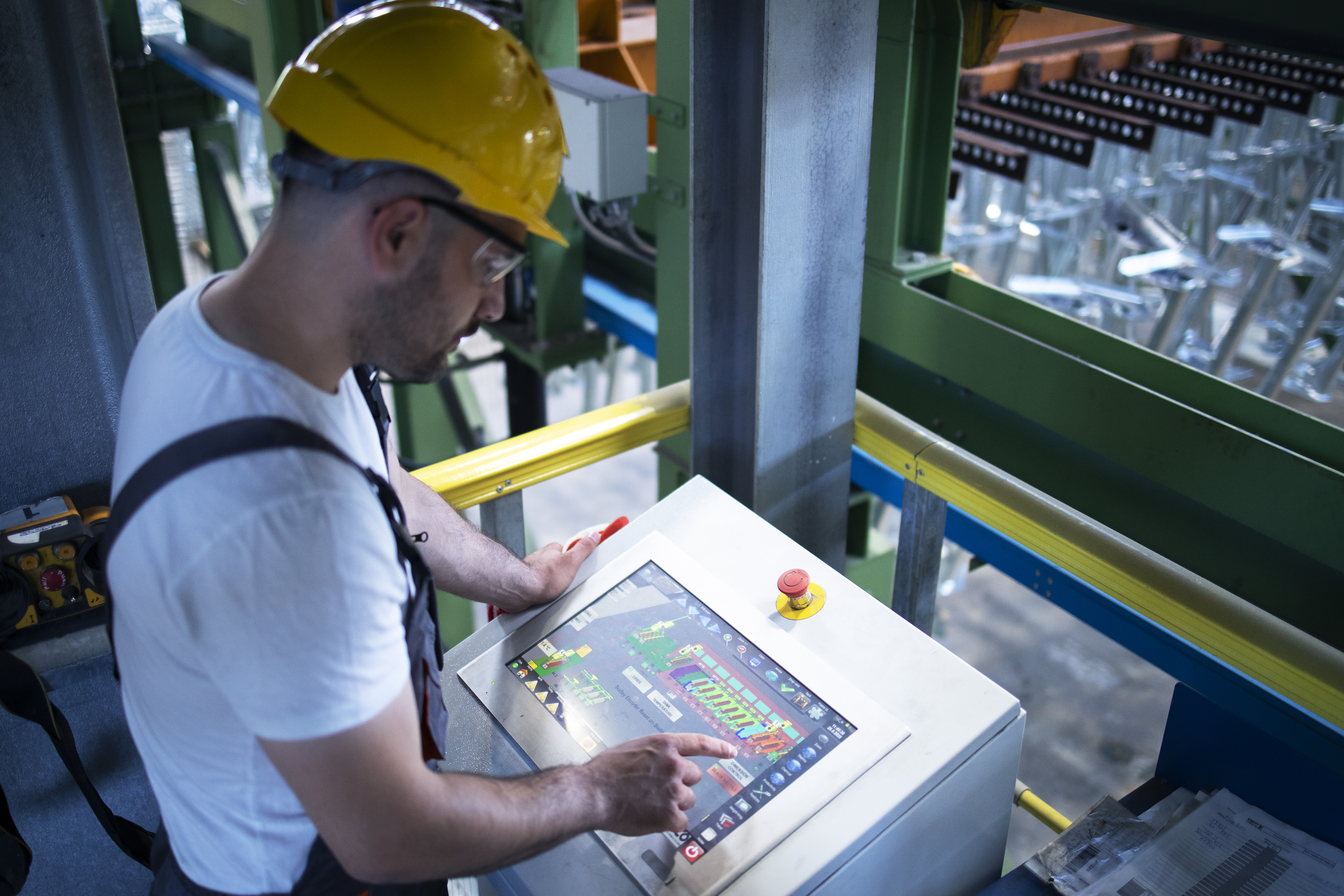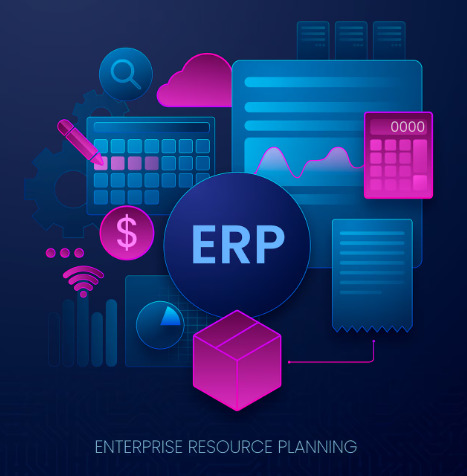Plastic Manufacturing ERP Software vs. Generic ERP: What’s the Difference?

Strong 8k brings an ultra-HD IPTV experience to your living room and your pocket.
The importance of ERP systems for the smooth running of businesses has only increased with the acceleration of the manufacturing sector in recent years. However, not all ERP solutions are the same, especially when we compare the generic ERP and industry-specific solutions such as plastic manufacturing ERP software. If you own a plastic manufacturing business, knowing the difference can be the key to streamlining production, cutting down on waste, and maximizing profits. Let’s dive deeper into this blog below.
Understanding Plastic Manufacturing ERP Software
ERP for plastics manufacturing industry integrates different business functions — including inventory management, accounting, production, and sales — into a single unit. It facilitates real-time sharing of data across departments, automates processes, and enhances decision-making.
Generic ERP systems by definition provide a wide array of functionality that is intended to fit multiple industries. While this flexibility is useful, however, it typically comes at the cost of deeper functionality in specific areas, particularly for complex manufacturing industries like plastics.
The Unique Challenges of the Plastic Manufacturing Industry
Before comparing the two side-by-side, let’s first take a look at the unique challenges in plastic manufacturing. It includes certain production processes such as extrusion, injection molding, thermoforming, and blow molding. These processes have their own complexities as well, such as:
- Accurate millennium system and formula management
- Scrap and regrind tracking
- Management of tooling and mold lifecycle
- The ability to trace lot and serial numbers
- Integrating machines in real-time & tracking performance
- Adherence to stringent quality standards and regulations
Traditional ERP solutions simply lack the out-of-the-box functionality to handle these complexities, while plastic manufacturing ERP software is specially designed to address these challenges.
Important Differences Between Generic ERP and Plastic Manufacturing ERP
1. Industry-Specific Features
Generic ERP systems offer generic Modules for accounting, HR, Sales, Inventory, and other basic manufacturing as well. Even where specific industry templates or customizations are offered, the exceptions generally tend to involve a lot of customization or third-party integrations/plug-ins to fill in the gaps of niche manufacturing processes.
On the other hand, ERP software developers in India like Autus Cyber Tech offer software with built-in functionality geared towards the plastics industry, such as:
- Tracking consumption of materials – virgin, regrind, and scrap
- Mold and die management tools
- Monitoring OEE (Overall Equipment Effectiveness) in real-time
- Compliance-based batch and lot traceability
- Industry-Professional Open Title for Omnichannel Applications
The built-in capabilities cut down on customization demands and help deploy faster.
2. Scalability and Flexibility
Generic ERPs are built to meet the needs of many types of industries, so, at times, they can be too rigid or too generic for specialized operations. Software is also highly customizable, and businesses tend to modify it, adding to implementation time and expense.
ERP for the plastic manufacturing industry is designed to be scalable with the manufacturer of plastics. They know how to go from small batch to large continuous manufacturing. These solutions are adaptable to various workflows but are also narrow enough to provide substantial value with no further configuration.
3. Data Accuracy and Traceability
Data traceability is essential when manufacturing plastic for industries ranging from automotive to aerospace to healthcare. You need to know what batches of material came from where and where they went.
Plastic manufacturing ERP software also tracks materials throughout the supply chain to deliver material quality reports that verify supplier reliability and include regrind or recycled material that continues to get incorporated into production. This is a granularity that generic ERPs may not support without heavy customization.
4. Machine Integration and Shop Floor Control
The plastics industry uses lots of specialized machines and molds. Liability assets can be integrated into the ERP system for performance monitoring and predictive maintenance.
Many of the best plastic manufacturing ERP systems support direct integration into their machinery through PLCs or IoT devices. These enable real-time visibility into production data, downtime, and energy consumption that are either missing or limited in nature, from generic ERP platforms.
5. Implementation and Support
Vendor expertise is another key differentiator. Plastic manufacturing ERP software developers in India often have deep experience in the industry, working on industry-specific software solutions. That translates into faster deployments, custom training, and support who understands your unique challenges.
Generic ERP vendors might not have this domain-specific knowledge, which forces customers to rely on consultants to fill that gap — adding cost and complexity.
Which One is Right for Your Business?
A generic ERP might be fine for a small or diversified manufacturing firm; however, that same ERP software may not be suitable for a plastic manufacturer seeking efficiency, accuracy, and real-time visibility.
If you are a plastic manufacturer, you can benefit from investing in an industry-specific ERP system by:
- Accelerated ROI via minimized waste and downtime
- Enhanced product quality and compliance
- Improved prediction and resource allocation
- Easy scalability to meet business growth
Hire the Best ERP Software Developer in India
Looking for the best ERP software developer in India? Autus Cyber Tech can help with thoughtfully designed ERP systems for the manufacturing industry. Call us today for more information.
Note: IndiBlogHub features both user-submitted and editorial content. We do not verify third-party contributions. Read our Disclaimer and Privacy Policyfor details.





